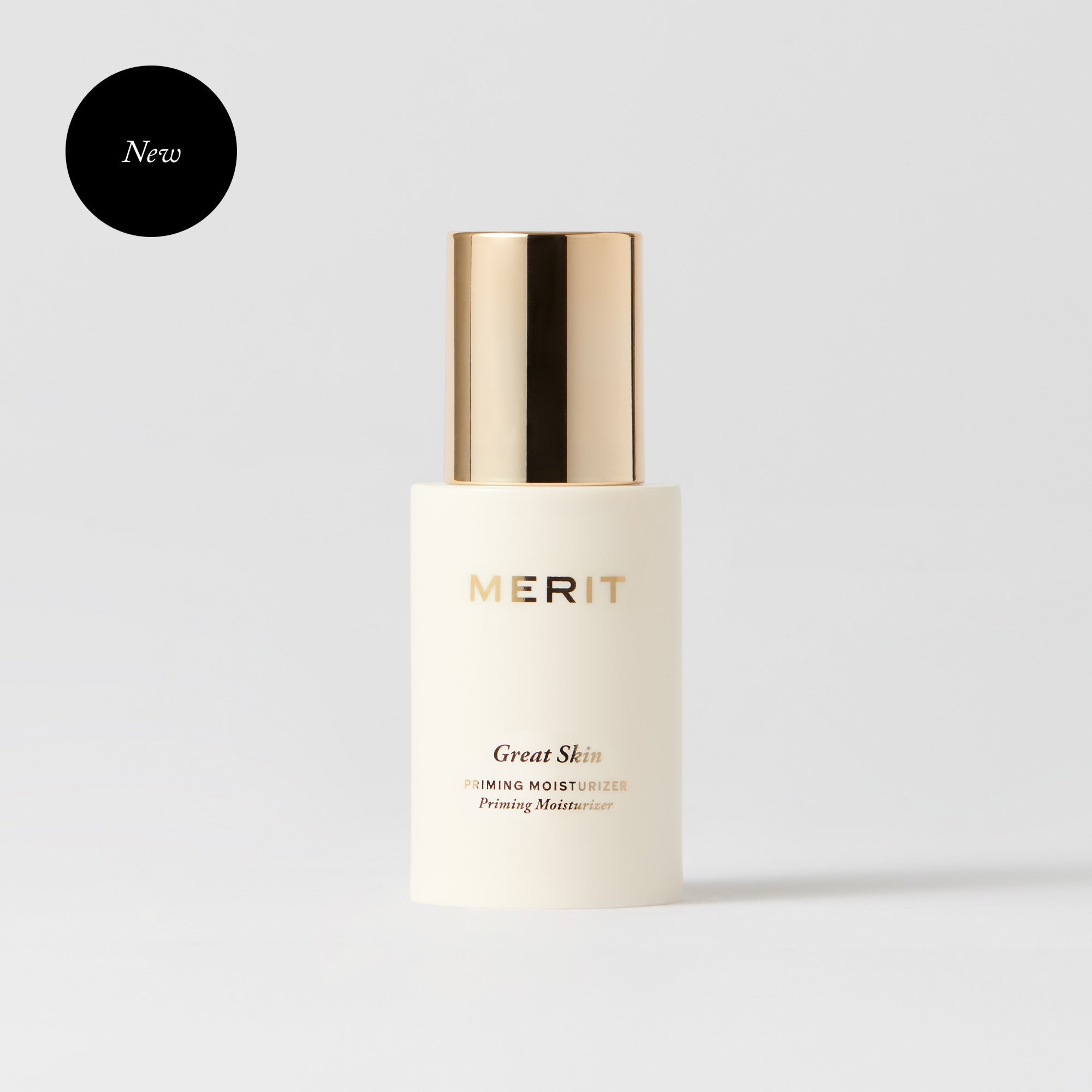Baeugi News Hub
Your source for the latest news and insightful articles.
Moisturizer Mysteries: Decoding Your Skin's Love Language
Unravel the secrets of your skin! Discover the right moisturizer to speak your skin's love language and unlock your glow today.
The Science Behind Moisturizers: How to Choose the Right One for Your Skin Type
The science behind moisturizers lies in their ability to hydrate and protect the skin barrier. These products are formulated with a blend of humectants, emollients, and occlusive agents that work synergistically to maintain optimal moisture levels. Humectants, such as glycerin and hyaluronic acid, draw water into the skin, while emollients like squalane and fatty acids fill in gaps between skin cells, creating a smoother texture. Finally, occlusive agents such as petrolatum or shea butter form a protective layer that locks in moisture. Understanding these components is crucial for selecting the right moisturizer tailored to your skin type.
When choosing the right moisturizer, it's essential to consider your skin type, which typically falls into one of the following categories: dry, oily, combination, or sensitive. For dry skin, look for products that contain rich emollients and occlusives to provide deep hydration. If you have oily skin, lightweight gel-based moisturizers with oil-free formulations can help maintain moisture without clogging pores. Meanwhile, those with combination skin may benefit from a balanced moisturizer that hydrates without excessive oiliness. Finally, for sensitive skin, opt for hypoallergenic and fragrance-free formulas to minimize irritation. By understanding your skin's unique needs, you can make informed choices for healthier, more radiant skin.

Unlocking the Secrets of Your Skin: How to Interpret Its Moisture Needs
Understanding your skin's moisture needs is crucial for maintaining a healthy and youthful complexion. The first step in unlocking the secrets of your skin is recognizing that different skin types require different care. For instance, those with oily skin may benefit from lightweight, oil-free moisturizers, while dry skin types often need richer creams to combat flakiness. Identifying your skin type is essential, as it lays the foundation for tailored skincare routines that can effectively meet your moisture requirements.
Once you have determined your skin type, pay attention to how your skin reacts to environmental factors and products. Signs of dehydration can manifest as tightness, dullness, and increased sensitivity. If you're noticing these symptoms, it may be time to adjust your skincare regimen. Consider incorporating ingredients like hyaluronic acid, glycerin, or ceramides to enhance moisture retention. Additionally, don't forget to hydrate from within by drinking plenty of water and maintaining a balanced diet rich in omega fatty acids and antioxidants, as these can support your skin's overall moisture balance.
Moisturizer Myths Debunked: What Your Skin Really Wants
When it comes to skincare, moisturizer myths can create confusion about how to properly care for your skin. One common misconception is that all moisturizers are created equal. In reality, the effectiveness of a moisturizer often depends on its ingredients. For instance, many people believe that thicker creams are always better, but lighter formulations may be more suitable for oily or acne-prone skin. Additionally, some might think that using a moisturizer is unnecessary for oily skin, but even oily skin needs hydration to maintain balance and prevent overproduction of oil.
Another prevalent myth is that you only need to moisturize your skin during the winter months. In truth, your skin needs hydration year-round, regardless of the season. Environmental factors like air conditioning, pollution, and sun exposure can dehydrate your skin, making it essential to incorporate a moisturizing routine every day. To get the most out of your moisturizer, look for products that contain hyaluronic acid, glycerin, or ceramides, as these ingredients effectively draw moisture in and lock it in, providing your skin with the hydration it craves.